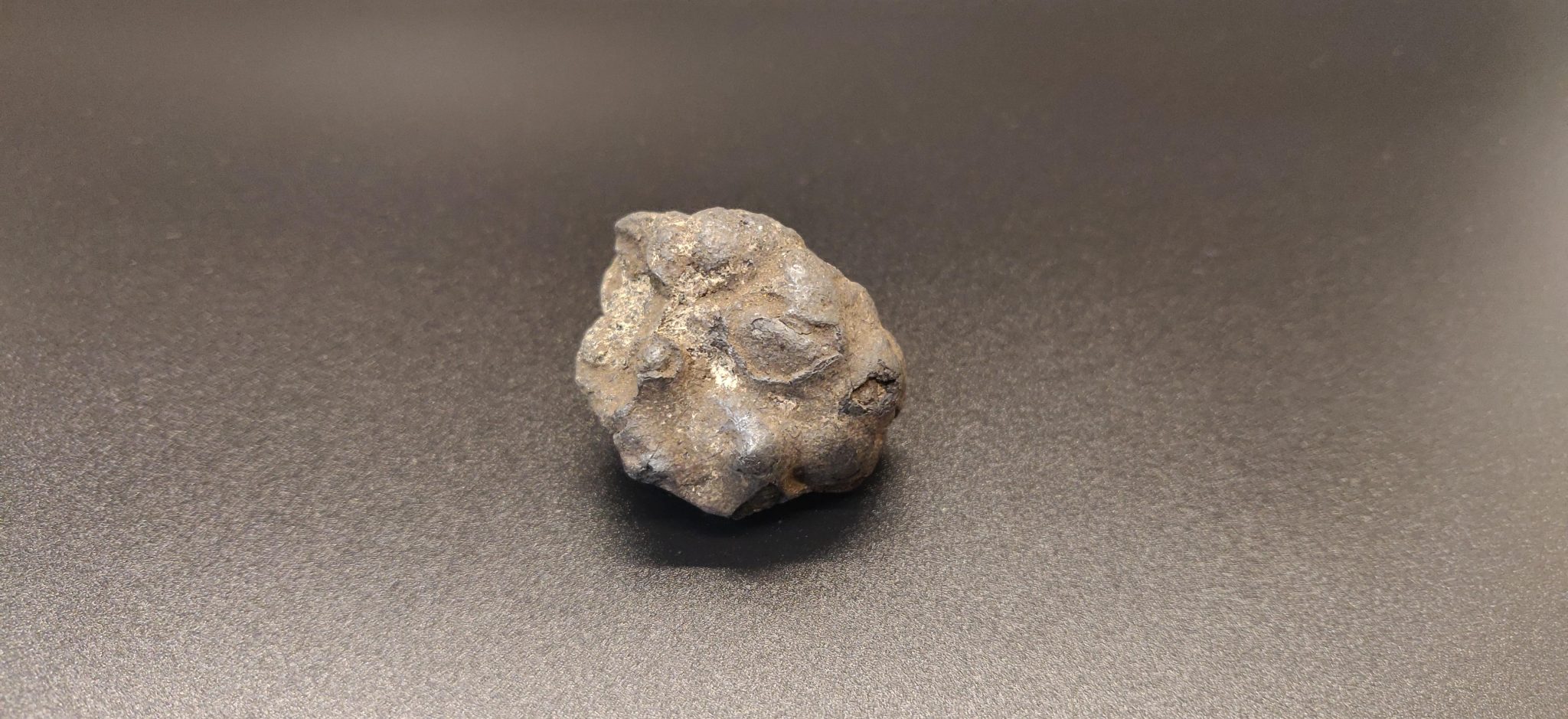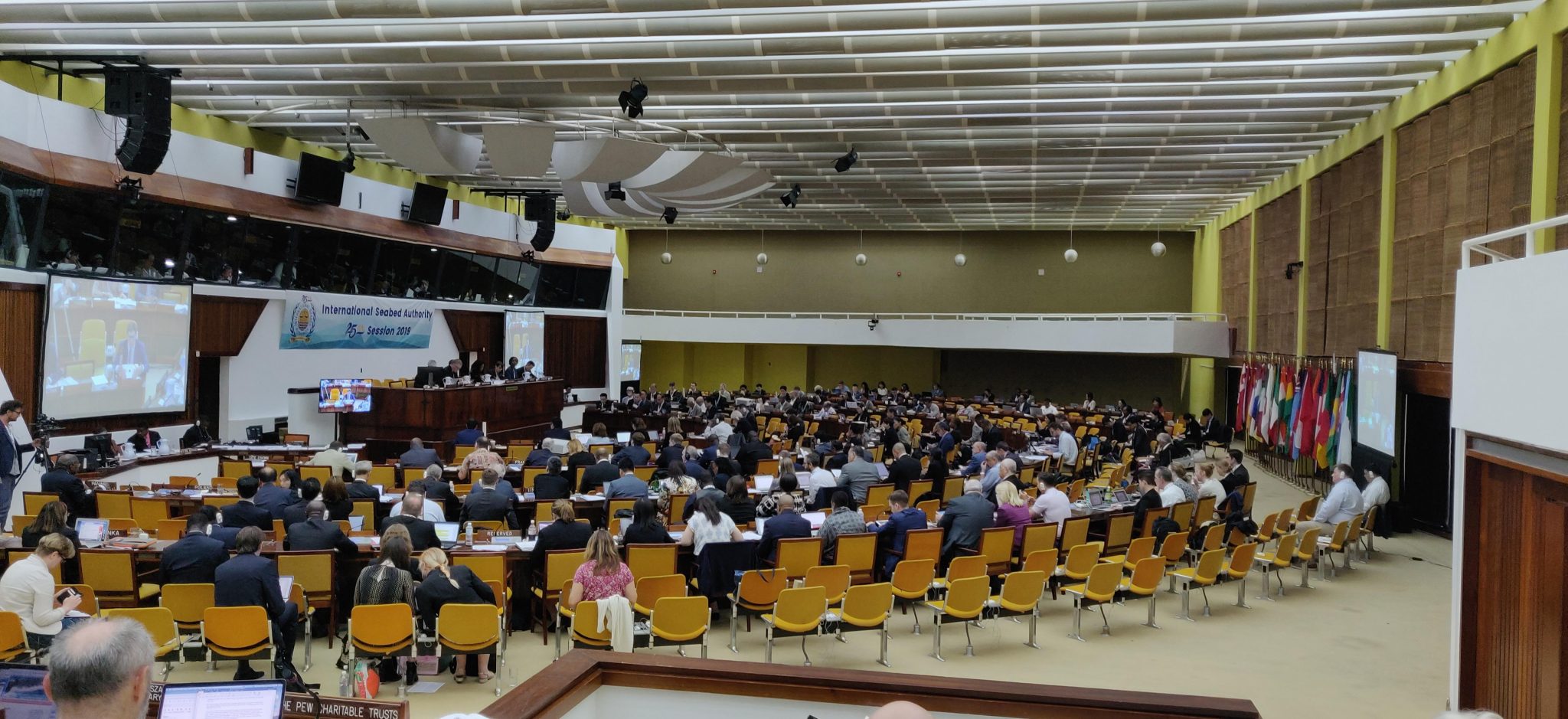Early this year, the Norwegian parliament approved a bill to open up 300,000 square kilometers of it’s exclusive economic zone to companies exploring the potential for deep-sea mining for lithium, scandium, cobalt, and other critical minerals. It was a bill allowing the issuing of exploration permits, an important first step towards the commercialization of deep-sea mining, but not, as some outlets reported, blanket permission for deep-sea mining to proceed.
Most concerning to me was that the proposal included seafloor massive sulphides–hydrothermal vents to those of us who think in term of ecosystems rather than minerals–which host rare and novel communities that thrive nowhere else in the ocean. Even extinct vents support their own, unique, fauna.
As I wrote when it happened, the initiation of exploration is the most precarious moment for the development of the industry, bringing heightened awareness and drawing attention to the potential environmental, social, and political implications of the industry. For opponents of deep-sea mining, the issuing of exploration licenses isn’t good news, but it also isn’t a political catastrophe, either.
That proposal appears to be dead in the water, for the moment. In a late night session on Sunday, the Norwegian parliament brokered a deal to suspend the issuing of deep-sea mining licenses in exchange for support for the budget from a small leftwing party (I’m not going to begin to pretend I understand Norwegian parliamentary procedure or party composition).
While Norway will continue to work on the rules and regulations that could ultimately govern deep-sea mining in their waters, exploration licenses will not be issued in 2025.
Southern Fried Science is free and ad-free. Southern Fried Science and the OpenCTD project are supported by funding from our Patreon Subscribers. If you value these resources, please consider contributing a few dollars to help keep the servers running and the coffee flowing. We have stickers.
Featured Image: Map of Norway’s new mining exploration area, Norwegian Petroleum Directorate via BBC.


